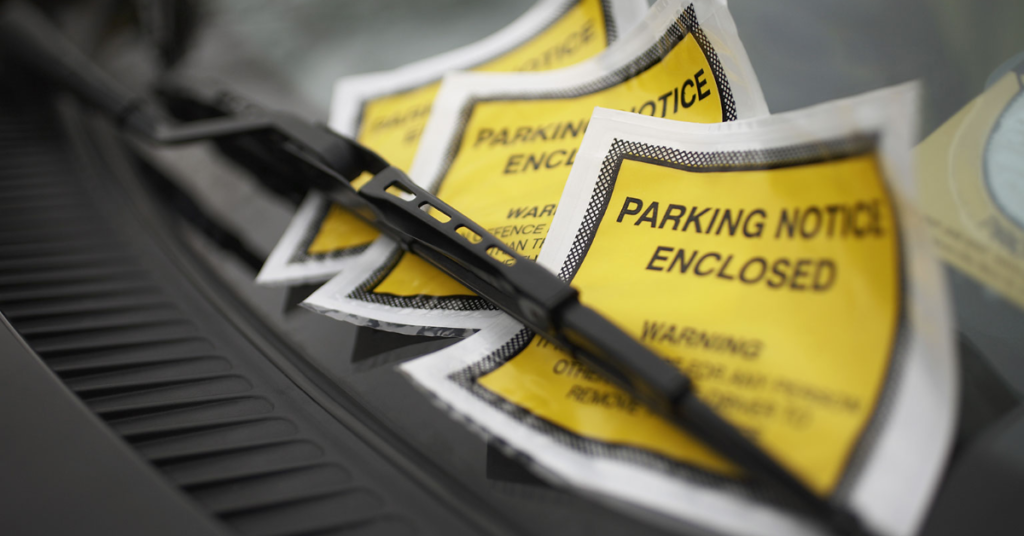
New York City has a parking enforcement unit that authorizes the Sheriff or City Marshal to seize vehicles for unpaid parking tickets. The unpaid parking tickets are treated as a money judgment against the vehicle owner. Under Article 52 of the CPLR, the City is entitled to enforce the judgment by selling the vehicle. Following seizure, the City will send a written notice to the lienholder advising that the car has been impounded and warning that the car is subject to sale by auction.
A judgment sale cannot wipe out a lien which is recorded on the title. Thus, when the City has the Marshal sell a vehicle for unpaid tickets, all recorded liens stay on the title. The purchaser takes the vehicle subject to all recorded liens. The lienholder can then repossess the vehicle from the purchaser.
New York City allows a lienholder to recover a seized vehicle before the vehicle goes to sale. A lienholder who wants to recover a vehicle which has been seized for tickets needs to send three specific documents by overnight mail to: Director of Parking Enforcement, NYC Dept. of Finance, Legal Affairs Division, 210 Joralemon Street, 9th Floor, Brooklyn, NY 11201. The three required items are: 1) a hold harmless agreement for the NYC Parking Enforcement Unit (signed and notarized); 2) copy of the contract; and3) proof of the lien on title. The City generally identifies a vehicle by license plate number so it’s a good practice to reference the license plate number on all correspondence. The City is generally willing to postpone a scheduled sale to give a lienholder time to send in its claim for recovery of the vehicle. Requests Should be sent by email to: parkingenforcement@finance.nyc.gov
Now comes the big question: What fees are lienholders required to pay in order to recover a vehicle that has been seized for unpaid tickets? The two obvious charges are the tickets them-selves and towing/storage fees.
A lienholder has absolutely no obligation to pay parking tickets. This is because parking tickets are part of the judgment charged to the vehicle owner and a lienholder is not the owner. (In contrast, a lessor is the owner and must pay the parking tickets).
Towing/storage fees are also part of the judgment chargeable only to the owner, but the Parking Enforcement Unit tries to make lienholders pay these costs regardless of the law. The case law clearly holds that lienholder’s rights are superior to those of a judgment creditor who is trying to enforce a judgment through a Sheriff or Marshal. (See GMAC v Maloney, 46 Misc2d251; Fitzpatrick v Bank of NY, 124Misc2d 732).
The bottom line is that lienholders are not required to pay any fees when recovering a vehicle which has been impounded for unpaid tickets. Lien-holders often pay storage fees as a gesture of good will towards the City. However, it is good to know that if the amount demanded is excessive, the lienholder can challenge the amount and demand a reduced figure.
